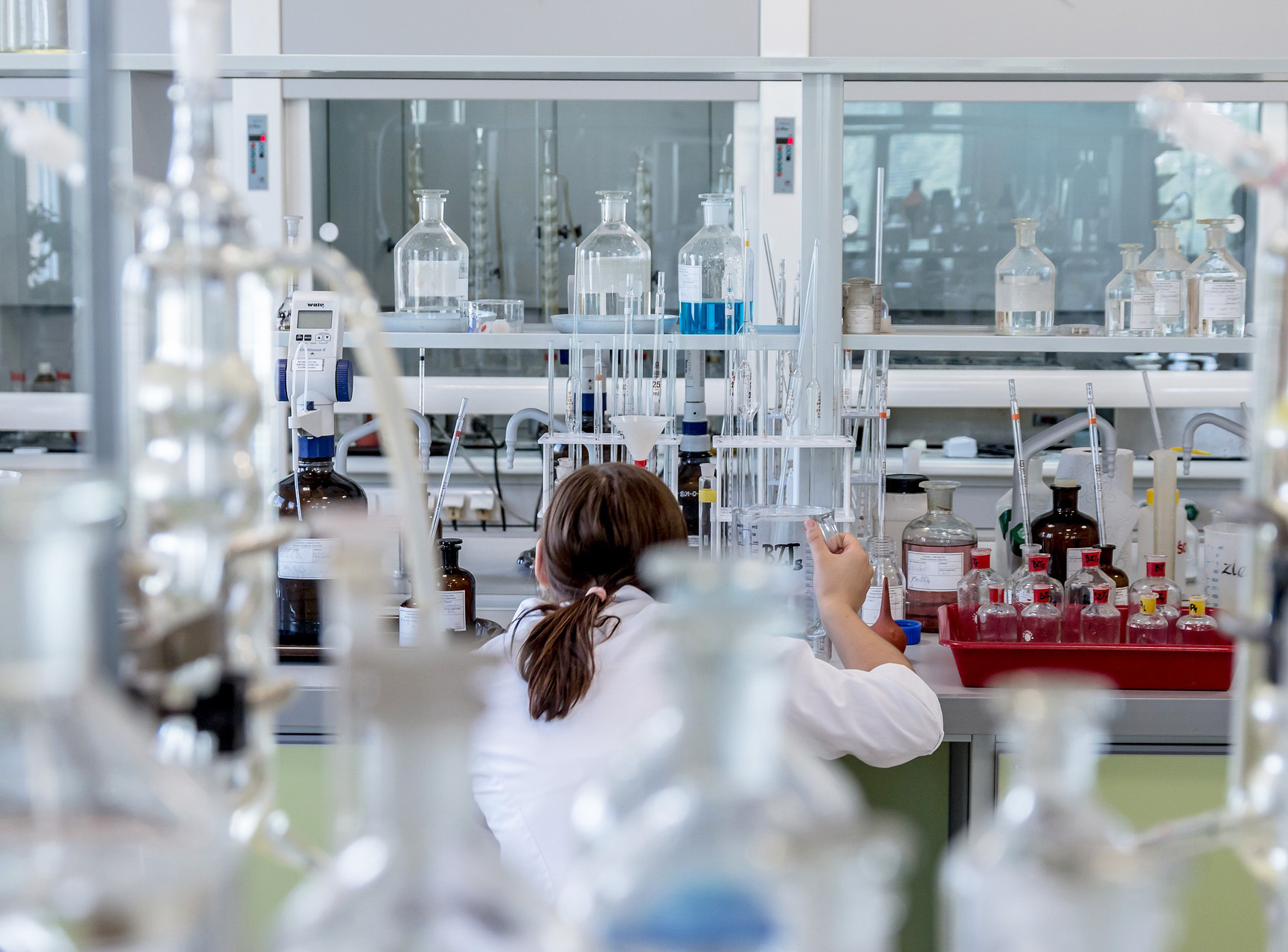 If there is one thing that antivaxxers and doctors can agree on, COVID exposed the inherent weaknesses in Australia’s reliance on global supply chains to provide a wealth of essential goods, including the vaccines and other medicines that kept us safe during the pandemic.
If there is one thing that antivaxxers and doctors can agree on, COVID exposed the inherent weaknesses in Australia’s reliance on global supply chains to provide a wealth of essential goods, including the vaccines and other medicines that kept us safe during the pandemic.
Australia ‘could and should’ set up the scientific and manufacturing capability to meet its own essential drug and vaccine needs, according to the authors of a perspective piece published this week by the Medical Journal of Australia.
Professor Martin Hensher, the Henry Baldwin Professorial Research Fellow in Health System Sustainability at the Menzies Institute for Medical Research, and Mrs Sithara Wanni Arachchige Dona, an Associate Research Fellow at Deakin University, were emphatic in their call for increasing Australian capacity.
“A distributed, locally owned manufacturing system will build not only stronger local technical capability but also much greater resilience in a world of climate-disrupted supply chains,” they state.
“Indeed, Australia could and should set itself the mission of being able to supply our region’s vaccine and essential drug needs for the future – it would be an enduring and positive legacy of COVID, and one that appropriately honours the scientific achievements the pandemic has brought forth.”
Billions of people have benefited from the rapid development and distribution of vaccines during the pandemic, but the growth in revenue reported by ‘Big-Pharma’ have left many wondering if the industry really does have people’s best interests at heart.
In 2021, the companies behind the most successful COVID-19 vaccines, Pfizer, BioNTech and Moderna, made a combined profit of $65,000 every minute, or over $1,000 a second, with Pfizer reporting that it’s revenues that year almost doubled – from $41.7 to $81.3 billion.
“What are the economic consequences of limited, monopolistic or (strictly) oligopolistic supply of vaccines by only a few firms in a ‘captive market’, in which not only must vaccination be repeated periodically but individuals may also face mandatory vaccination requirements?” Prof Hensher asked.
“Australia and other high and middle-income nations are currently at grave risk of remaining hostage to a market captured by a small number of manufacturers.
“We find ourselves in a situation of potentially open-ended clinical need for vaccine boosters, which might become amplified by state-enforced, mandatory requirements for repeated vaccination for large populations in some jurisdictions, while low-income countries still struggle to make meaningful progress towards initial vaccination.”
Although Australia has taken some steps to increase its manufacturing capability, progress still favours the existing oligopolies.
Just last year, the Australian government announced a $1.8 billion deal with the biopharmaceutical company CSL to develop the largest influenza manufacturing facility in the southern hemisphere to ensure the production of locally made influenza, virus and anti-venom treatments until 2036.
This came off the back of CSL’s contract to produce 50 million doses of AstraZeneca at its existing Broadmeadows facility.
Similarly, in December 2021, the Federal and Victorian governments struck a deal with Moderna to develop another new facility which could produce at least 100 million mRNA vaccine doses a year by 2024.
Hensher and Dona suggest clear actions the Australian Government could and should take to combat the downsides of vaccine oligopolies.
“Australia should lead a coalition of high- and lower-income governments to create an environment in which manufacturers must increasingly choose between working as partners in jointly owned public and private missions or as monopolistic adversaries bearing consequential risks,” they state.
“Urgent government financing and infrastructure support for new vaccine development by not-for-profit operations, and the establishment or expansion of more publicly owned, not-for-profit manufacturers, such as mRNA Victoria [is critical].”
They also advocate that Australia should vigorously drive an Agreement on Trade-Related Aspects of Intellectual Property Rights (TRIPS) waiver to open all vaccine intellectual property in the short term.

